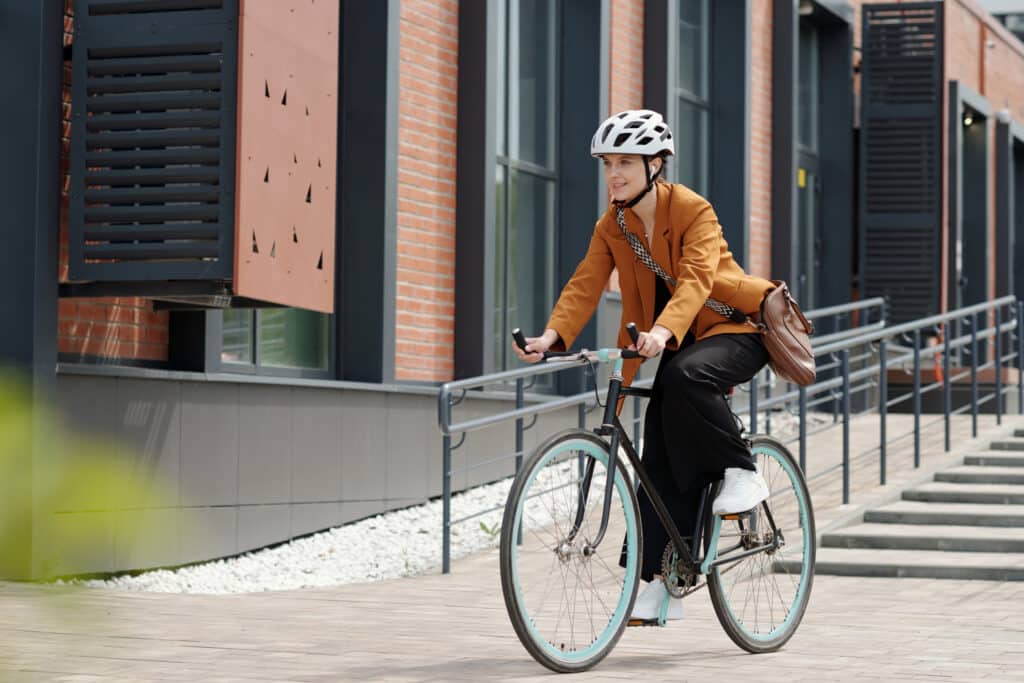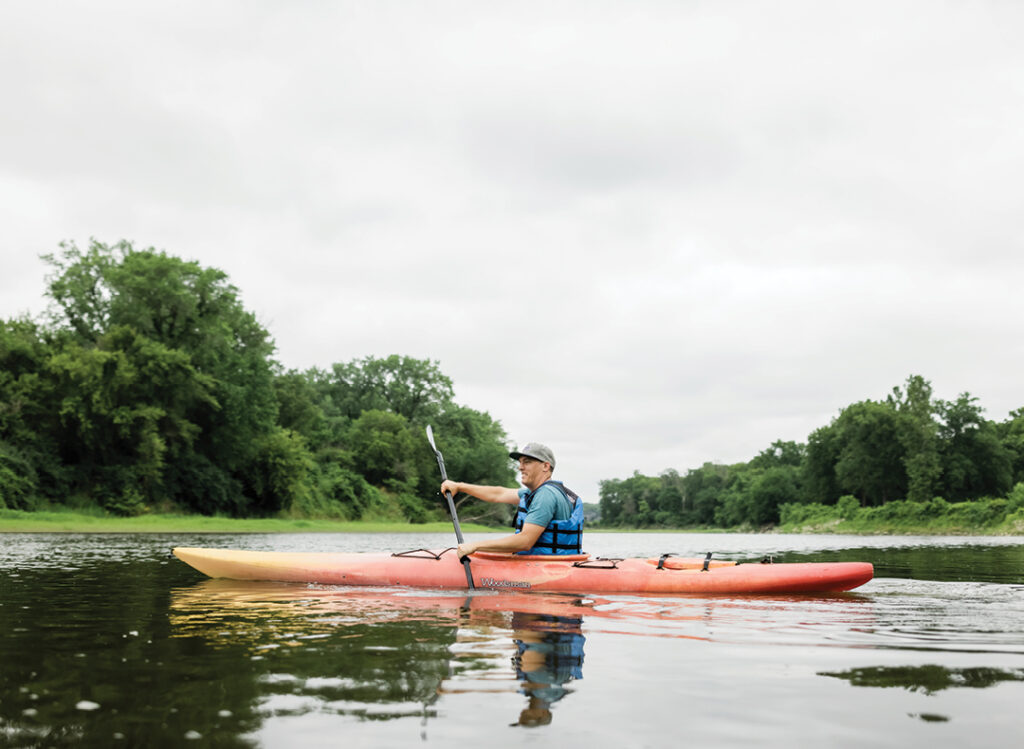National metro expert offers Des Moines advice

Bruce Katz of the Brookings Institution got his first look around Des Moines in the hours leading up to a Tuesday morning breakfast meeting at the Windsor Heights Community Center.
|
|
Katz: D.M., other cities must fend for themselves We spoke to Katz by phone last Friday to pick his brain before he got his first view of the Western Gateway, East Village and other hot spots. Katz said his central message for Des Moines and other small and medium-sized cities is this: You are on your own.
Read more |
He liked what he saw, in many ways. He called downtown Des Moines “world class.” He considers Gray’s Lake a “game changer” for prospective workers mulling the recreational offerings. He declared that the city has “unbelievable assets.”
At the same time, Katz wondered aloud if the distance between Iowa’s capital city and the state’s research institutions is a drawback, depriving Greater Des Moines of some of the innovation it might otherwise have. “You may not have your research in the right places,” said Katz. He pointed out how Carnegie Mellon and other schools have moved whole operations that helped innovation and job creation. “You can move anything in the world.”
Katz is founding director of Brookings’ Metropolitan Planning Program and co-author of the new book “The Metropolitan Revolution.” His appearance was hosted by Capital Crossroads.
Here are a few other major points from Katz’s talk:
-
Innovations often come from a crisis, such as double-digit unemployment that once plagued Portland, Ore., or the struggles of the auto industry in Detroit. “If you want to find innovation, go to a place that has been slammed against the wall, but people still care about it.”
-
Manufacturing is the most productive and innovative business sector.
-
Surveys have shown that many out-of-staters don’t have much of a view of Greater Des Moines, now part of the Cultivation Corridor. “You need a central distillation of what you do so people say, ‘Wow, that is a quality place.’ How do you start a revolution?”
-
The new economy calls for a nod to lifestyles. “The new economy isn’t looking for roads. It’s looking for transportation, including biking and mass transit.”
- The nation needs to invest in STEM skills, and double the budget of the National Institutes of Health. “Coding should be built into the elementary schools.”









